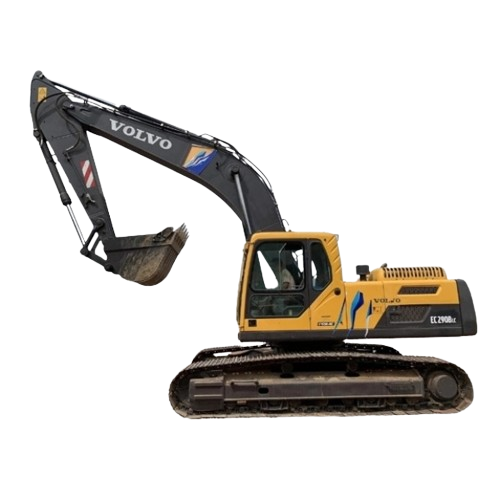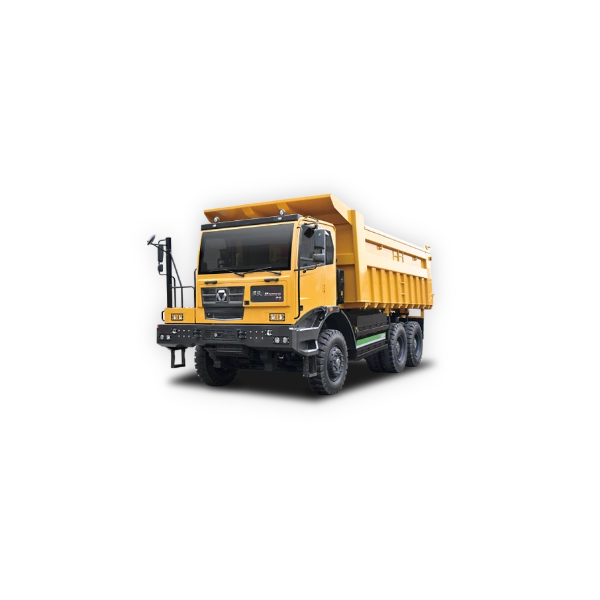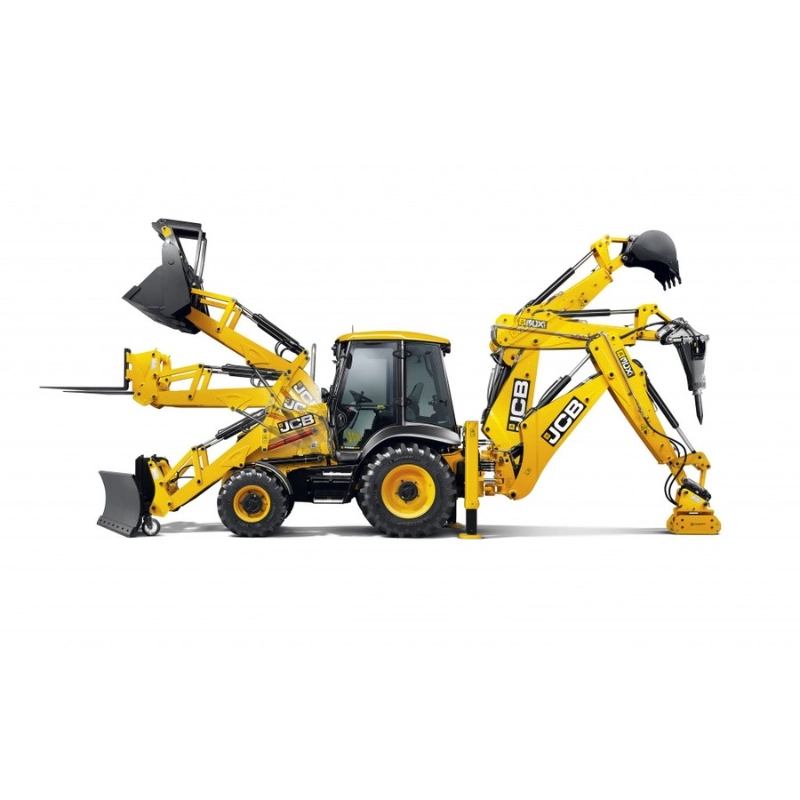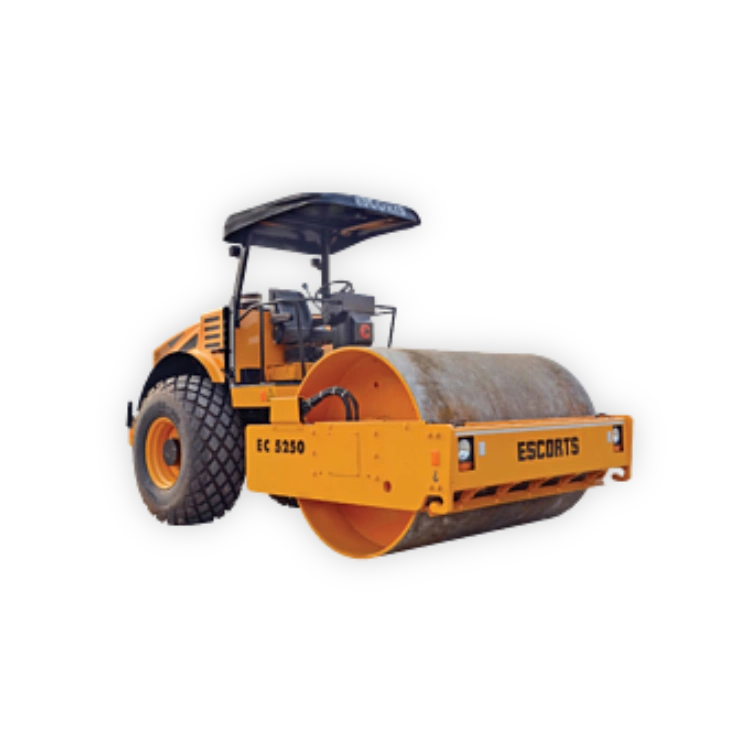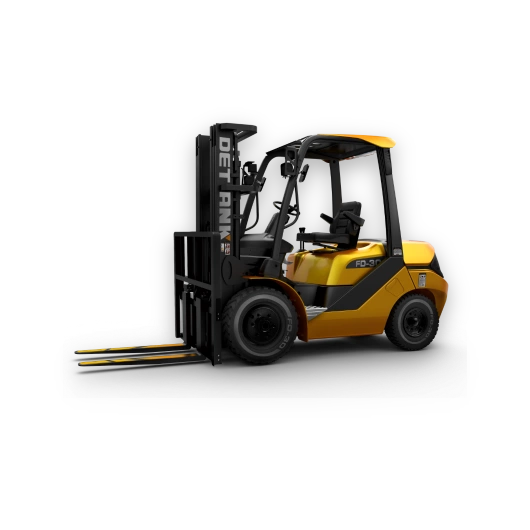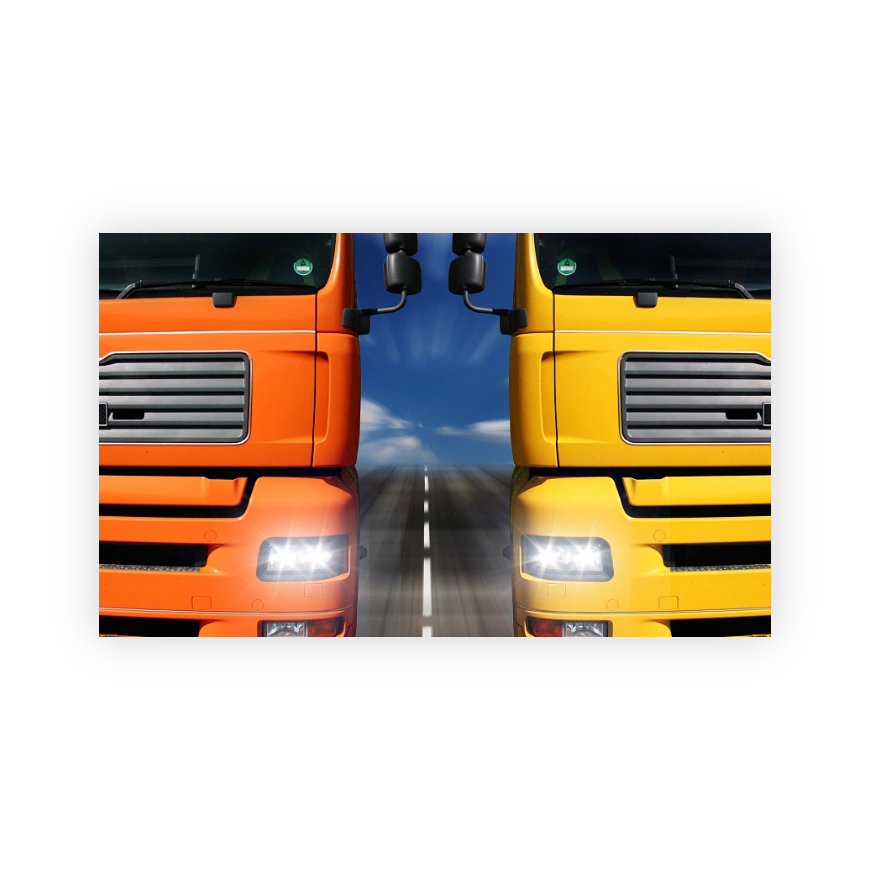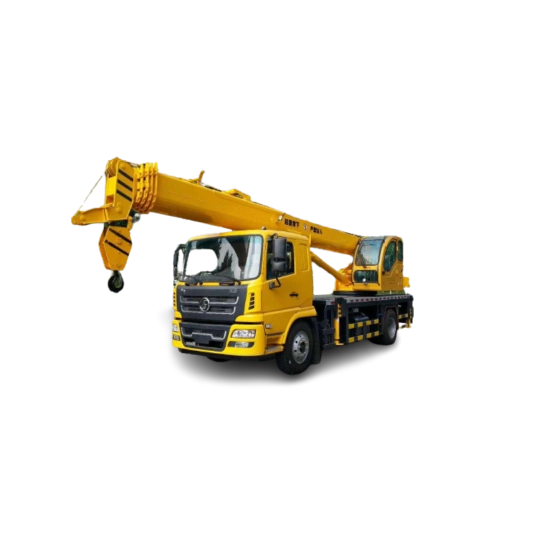Purchasing a used Caterpillar wheel loader is a major investment decision, and it is crucial to ensure that the equipment you purchase has good performance and a long service life. Compared with new machines, used equipment may have hidden problems, so buyers need to conduct careful inspections when purchasing. Understanding and mastering the methods of checking key components can help avoid high repair costs in the future and improve work efficiency. This article will detail several key components that should be checked when buying a used Caterpillar wheel loader.
Appearance and structural inspection:
Appearance and structure are the first step in evaluating the initial status of used equipment. First, check whether the body has obvious cracks, dents or deformations, which may be caused by accidents or excessive use. Pay special attention to checking the welds to see if there are any signs of repairs to prevent structural problems from affecting safety and stability. In addition, check the wear of the tires. If the tires are severely worn, they may need to be replaced, affecting the cost of use.
Engine inspection:
The engine is the core component of the used wheel loader, and it is crucial to check the engine’s performance. When starting the engine, observe whether it can start smoothly and pay attention to any abnormal sounds. Check the cleanliness and oil level of the engine oil. Clean oil and normal oil level indicate that the engine is in good condition. If there are oil stains or leaks, it may be a sign of wear of internal components. In addition, check the engine’s cooling system to ensure that the water tank and radiator are not damaged to avoid overheating.
Transmission system inspection:
The transmission system includes components such as the gearbox, drive shaft, and differential, which directly affect the power output and operability of the loader. Check whether the gearbox shifts smoothly and whether there is any jamming or abnormal noise. Through driving tests, check the performance of the loader during acceleration and deceleration to confirm that there is no abnormal response in the transmission system. At the same time, check the wear of the drive shaft and differential, especially the connection parts, to ensure that there is no looseness or damage.
Hydraulic system inspection:
The hydraulic system is an important power source for wheel loaders to complete tasks such as shoveling and lifting. The quality and level of the hydraulic fluid should be within the normal range, and there should be no leakage in the hydraulic system. Check the condition of the hydraulic pump, oil pipe, valve and other components to ensure that they work properly during operation. By operating the machine, observe whether the movement of the arm and bucket is smooth, and whether there is any delay or abnormal noise. Hydraulic system failure may require large-scale repairs, so it is critical to check its working condition.
Braking system inspection:
The braking system is a key part to ensure safety. When checking the braking system, you need to ensure that the brakes are responsive and the pressure of the brake pedal is normal. When testing the brakes, confirm whether it can stop smoothly without shaking or softness. Also check the wear of the brake pads to ensure that the brake system can provide sufficient braking force to cope with emergencies in harsh working environments.
Electrical system inspection:
The electrical system includes batteries, generators, starting systems, etc. Check whether the battery is fully charged and the wiring is secure to avoid unstable power supply that causes the machine to fail to start or work properly. In addition, check the connections of electrical components and external cables to ensure that there is no aging, wear or damage.
By fully understanding these inspection points, buyers can make more informed choices, improve investment value, and ensure that the machine performs at its best at work. If you encounter any other related issues during the purchase process, you can directly consult and contact us ANHUI SANCHENG MACHINERY.





